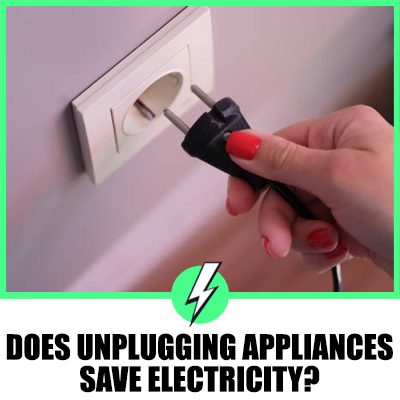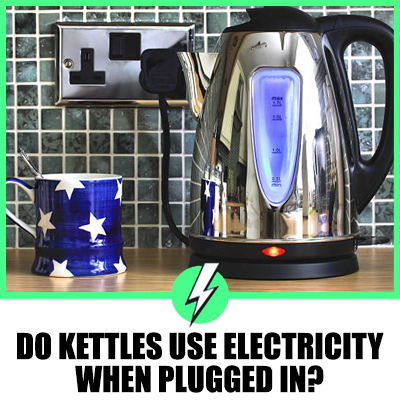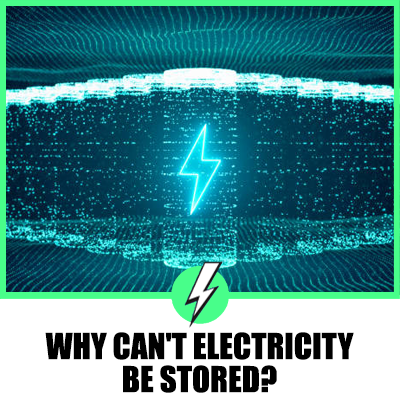Does Unplugging Appliances Save Electricity? A UK and US Analysis
In our technologically-driven world, both UK and US households are brimming with electrical devices. But amidst the convenience they offer, there’s a lurking question:
How much electricity do these devices consume when they’re not actively used?
This article delves into the specifics, especially focusing on the microwave, a common household appliance.

Contents
Does leaving a microwave plugged in use a lot of electricity?
Microwaves, like many other appliances, have a secret: they consume electricity even when they’re not heating up your leftovers.
This “phantom” or “standby” power might seem negligible on its own. But when you consider the number of devices in an average home, the costs can accumulate.
In the US, the energy consumption patterns show that households spend about $100 annually on these energy vampires. The UK isn’t far behind, with the Energy Saving Trust estimating that Brits spend up to £80 a year on appliances left on standby.
The Science Behind Standby Power
Every electrical device has a circuitry that remains active, even when the device is off. This circuitry ensures that the device can be quickly turned on when needed.
For microwaves, this means powering the clock or responding to the press of a button. While this power is minimal, it’s continuous, leading to the “phantom” consumption.
Does a microwave use electricity when plugged in but not in use?
Yes, it does. Appliances with an LED display, light, or clock, such as microwaves, consume electricity even when turned off.
These devices are never entirely off; they transition into a standby mode. For instance, your microwave’s clock is always ticking, and that requires power.
How much does it cost to leave your microwave plugged in?
The exact cost varies based on local electricity rates and the microwave’s standby power consumption.
However, the Natural Resources Defense Council estimated that devices left on 24/7 cost the average US household around $165 every year. In the UK, the numbers are slightly lower but still noteworthy.
Does pulling the plug out save electricity?
Absolutely. Devices that are unplugged can’t use electricity.
Even if a device uses a minuscule amount of standby power, unplugging it will save that energy. Over time, these small savings can accumulate, especially considering the higher energy rates in places like the UK.
Unplugging Appliances to Save Energy: Myth or Fact?
It’s a fact. Some devices use minimal standby power, while others can consume a significant amount.
By unplugging devices, especially those that aren’t used frequently, you can reduce energy consumption and save on your electricity bill.
Electronics to Unplug to Save Energy
- Chargers: Both in the UK and the US, chargers continue to draw power even if they’re not charging anything.
- Television Sets: Modern TVs, especially smart ones, use power to maintain settings and receive updates.
- Computers: Even when turned off, computers use power to keep the motherboard running.
- Kitchen Appliances: Devices like microwaves, coffee makers, and toasters can be unplugged when not in use.
- Entertainment Systems: Devices like DVD players, sound systems, and gaming consoles often have standby modes that consume power.
Standby Power Consumption
| Appliance | Average Standby Power (Watts) | Annual Cost (US) | Annual Cost (UK) |
|---|---|---|---|
| Microwave | 3W | $3.15 | £2.50 |
| Television | 2W | $2.10 | £1.67 |
| Computer | 5W | $5.25 | £4.17 |
| Charger | 1W | $1.05 | £0.83 |
| Gaming Console | 10W | $10.50 | £8.33 |
The UK vs. US Perspective
Both the UK and the US are grappling with the challenges of energy conservation.
With rising energy costs and increasing awareness about environmental sustainability, there’s a push towards understanding and reducing unnecessary energy consumption.
In the US, initiatives like the Energy Star program help consumers identify and choose energy-efficient appliances. Meanwhile, in the UK, the Energy Saving Trust provides resources and advice to help households reduce their energy consumption.
Insights from Online Discussions
- The Truth About Unplugging Appliances: There’s a consensus that unplugging appliances can lead to savings. While individual savings from unplugging a single device might be small, the cumulative effect can be substantial.
- 6 Electronics You Should (and Shouldn’t) Unplug: Not all devices are created equal. Some consume more standby power than others, and understanding which ones to unplug can lead to significant savings.
- The Importance of Unplugging Unused Appliances: Beyond the financial savings, unplugging unused appliances can also reduce the risk of electrical fires and other hazards.
In conclusion
The act of unplugging a single device might seem trivial, but the collective impact can lead to noticeable savings on your electricity bill.
This holds true whether you’re in the bustling cities of the US or the picturesque towns of the UK. Not only is this beneficial for your wallet, but it’s also a step towards a more sustainable and environmentally-friendly lifestyle.
So, the next time you’re not using an appliance, consider pulling the plug – both your pocket and the planet will thank you.





